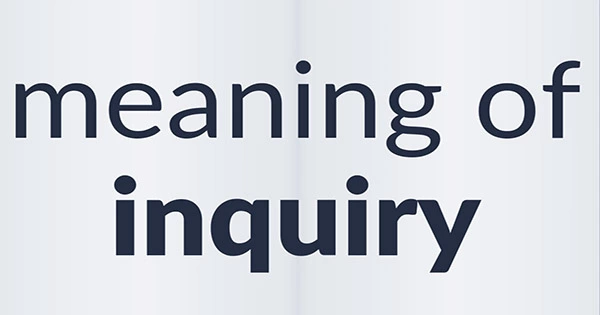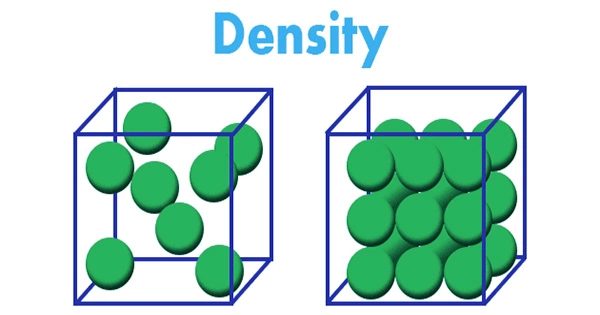Simply put, the inquiry is systematic research into an issue, topic, problem, or idea.
Numerous conceptual models are available for investigation based on theory and research in the field attempt to further the objectives of the current curricular changes.
These methods, however, depend on various interpretations of what constitutes research and actual knowledge development.
We have identified three significant conceptual models for inquiry in order to better guide the selection of techniques and orientations:
- Universal inquiry models
- Minimally guided inquiry
- Discipline-based inquiry
Universal inquiry models: The universal inquiry approach puts the procedure at the forefront. Regardless of the subject matter or environment, there are a number of procedures or processes involved in inquiry that can be used consistently.
- Examples: Include Challenged Based, The TELSTAR model of inquiry, and Focus on Inquiry.
- Key presumption: For students to engage in the kind of independent, self-directed learning that ‘real’ inquiry necessitates, a highly structured, step-by-step framework is necessary.
Minimally guided inquiry: A student- and experience-centered model of inquiry is minimally directed inquiry. Students may be instructed to build a rocket or a bridge, but instead of giving them the necessary information, they are required to find out or create the necessary information on their own.
- Examples: Include inquiry-based teaching and discovery learning.
- Essential premise: Learning concepts is most likely to occur when students find them for themselves as opposed to being told about them. As a result, the teacher should refrain from giving excessive amounts of direct teaching.
Discipline-based inquiry: A discipline represents a certain way of viewing the world. Professionals have unique methods of thinking, which are exemplified by knowledgeable practitioners who are in charge of developing knowledge in their field. Students are guaranteed to learn the main schools of thought, such as science, mathematics, history, etc., through discipline-based research.
Students who engaged in more intellectually demanding learning were immersed in the disciplines, gained in-depth knowledge of a small number of topics rather than a cursory familiarity with many, and used elaborate forms of communication to learn and to express their conclusions, according to Newmann, Bryk, and Nagaoka.
Students get the chance to “play the whole game” through discipline-based inquiry, experiencing relevant representations of the ways knowledge is produced, validated, and shared within a given field.
- Examples: Include playing the entire game, High Tech High, the Galileo Educational Network’s Rubric for Inquiry Studies, and Authentic Intellectual Work.
- Important premise: The methods of inquiry should originate from a specific discipline. When students are immersed in a specific discipline’s frameworks and modes of thought, they learn most effectively. To ensure that instruction reflects both what is to be learned and the student’s learning requirements and strengths, teachers have access to a wide range of pedagogical approaches. In accordance with disciplinary, curricular, and evaluation methods, teachers employ a well-balanced mix of direct-oriented and student-centered techniques. To keep track of students’ development and make sure they are gaining a thorough grasp of and knowledge, they use diagnostic tools and formative and summative evaluations.
















